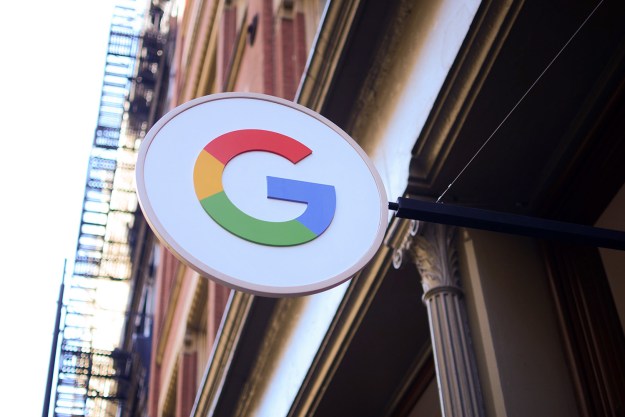
Specifically, the company filed a patent for a system that uses an infrared sensor to track a user’s sleep. The patent basically describes an infrared sensor that collects data about the subject’s movement and compares it to a sleep profile, helping determine whether the subject is asleep or not. The patent even goes as far as to note that the system could collect information about a subject’s breathing patterns based on the infrared light reflected back to the device.
“The disadvantages of contact sensors are magnified during sleep studies, where the presence of the sensors can influence a person’s sleep patterns. Similarly, when monitoring the sleep of an infant, contact sensors often interfere with infant’s ability to sleep and otherwise inhibit the infant’s interaction with the world around them,” notes the patent, which was recently posted on the U.S. Patent Trademark Office website.
It’s certainly an interesting concept and it highlights the importance of health tracking in modern phones, wearables, and other devices. If Google were to build an effective way to track sleep into a smartphone without the need for a wearable device, it could help more people track and manage their sleep. Still, the patent does seem to highlight the use of a stand-alone infrared device which would be mounted near the bed to collect as much data as possible.
It will be interesting to see if Google ends up pursuing the patent, but until then we will have to stick with wearable sleep-tracking solutions.
Editors' Recommendations
- Google is launching a powerful new AI app for your Android phone
- Google is killing your passwords, and security experts are (mostly) happy
- Your next Samsung phone might ditch Google Search for Bing
- Google just announced 9 new features for your Android phone and watch
- Google to pay $392 million to 40 states in location-tracking settlement


